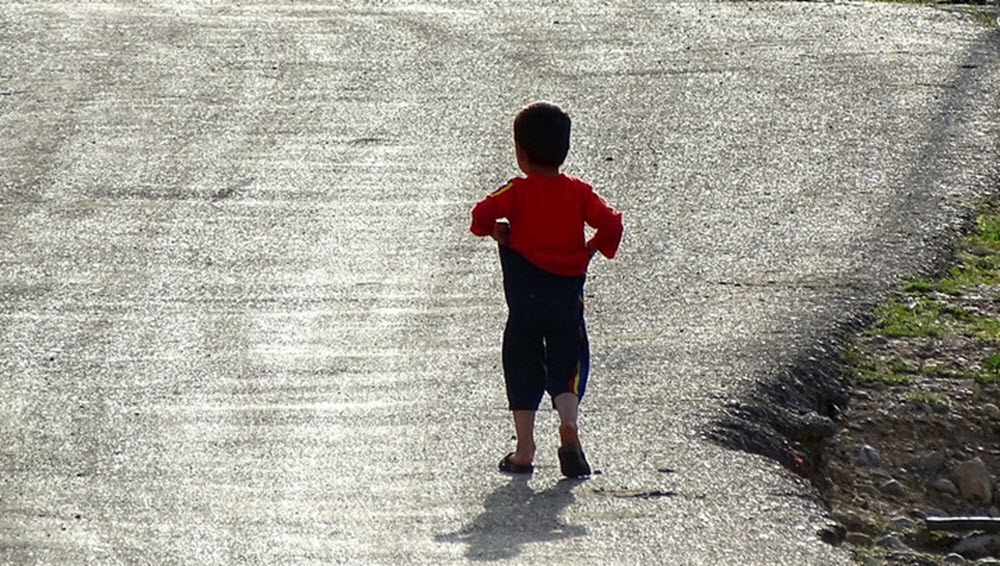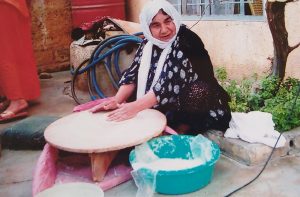According to a statement from the Ministry of Interior, the Kurdistan Region reaffirms its enduring commitment to facilitating the voluntary and dignified return of internally displaced persons (IDPs) presently residing in refugee camps within the region.
This statement comes as a response to comments made by the Iraqi Minister of Migration and Displaced, Ivan Faiek Jabru, during a recent interview with Al Rasheed TV. In the interview, she called on the Kurdistan Regional Government (KRG) to “permit” the displaced population to return to their original homes.
“The Kurdistan Region has consistently advocated for a dignified and voluntary repatriation of IDPs to their original locations,” the Interior Ministry emphasized, noting that people have fled their homes due to terrorism, sectarianism, discrimination, and a lack of security.
In the aftermath of the ISIS offensive in 2014, the Kurdistan Region provided sanctuary to thousands of civilians, including Yezidis who suffered brutalities at the hands of the extremist group.
At the peak of the humanitarian crisis, the region accommodated nearly two million IDPs and refugees.
The government bears a “considerable expense” in maintaining numerous displacement camps and supporting hundreds of thousands of IDPs, the ministry added. In fact, executing the Erbil-Baghdad agreement is the “ideal roadmap” for repatriating IDPs and restoring normalcy to their lives, the ministry pointed out.
The main obstacles to the return of IDPs are the presence of “unlawful forces” in the Yezidi-majority town of Sinjar and the failure to implement the agreement reached between Erbil and Baghdad in September 2020, intended to normalize the situation in the area.
The ministry described Jabro’s statements as “irresponsible and unfounded.”
Furthermore, while the Iraqi budget does not allocate funds for the implementation of the Sinjar agreement, resources have been designated for militia forces under the guise of reconstruction, the ministry added.






